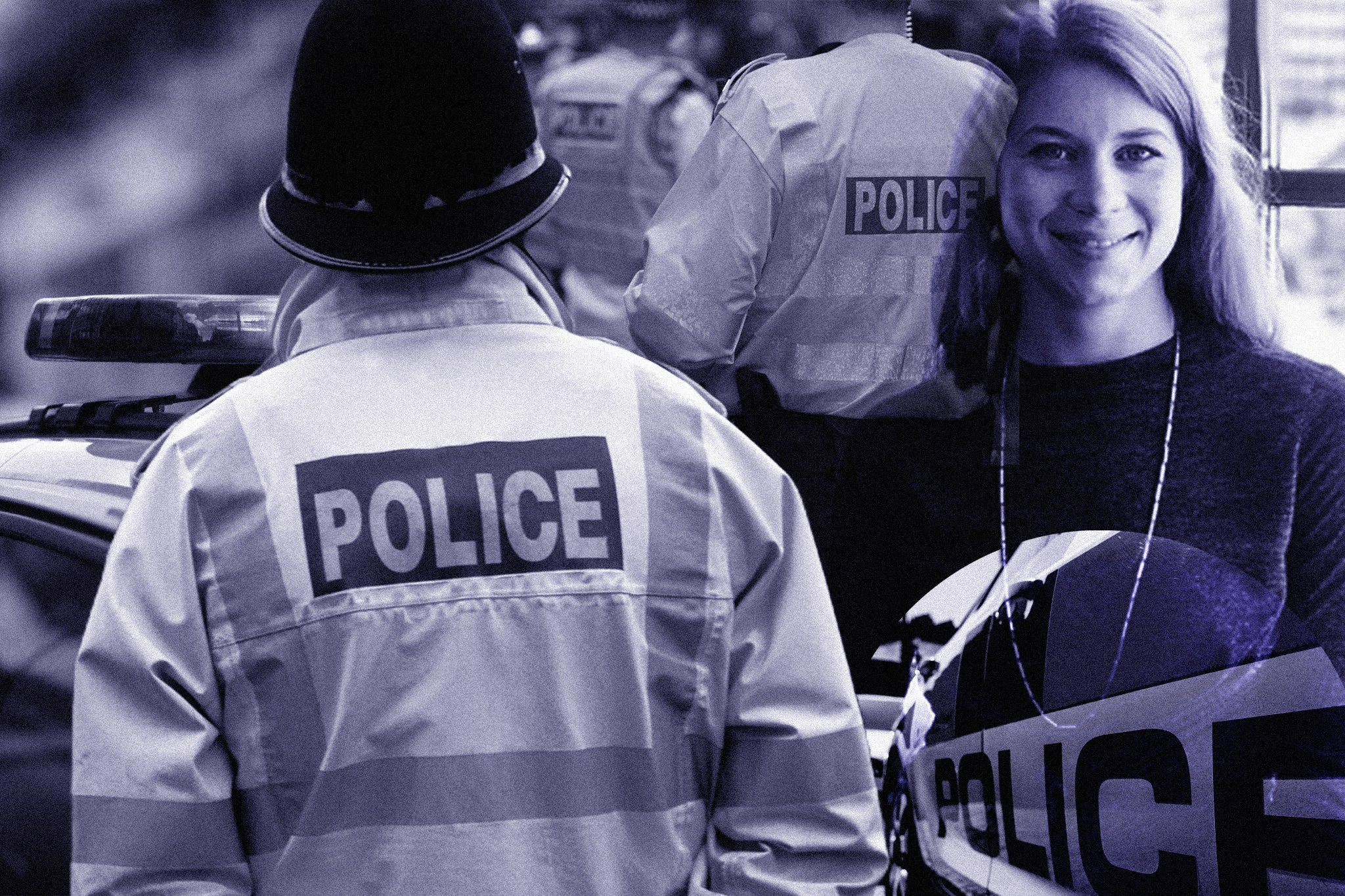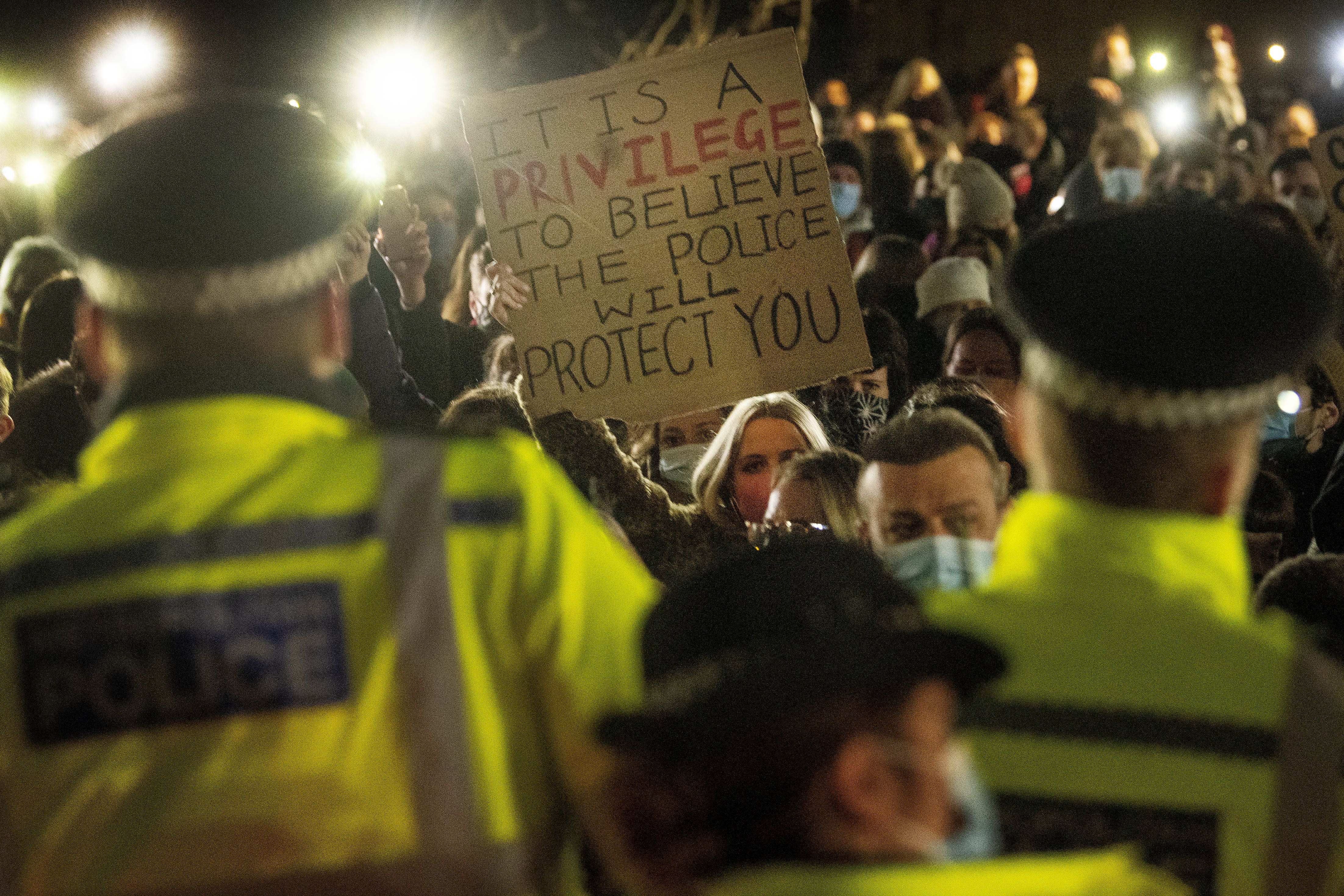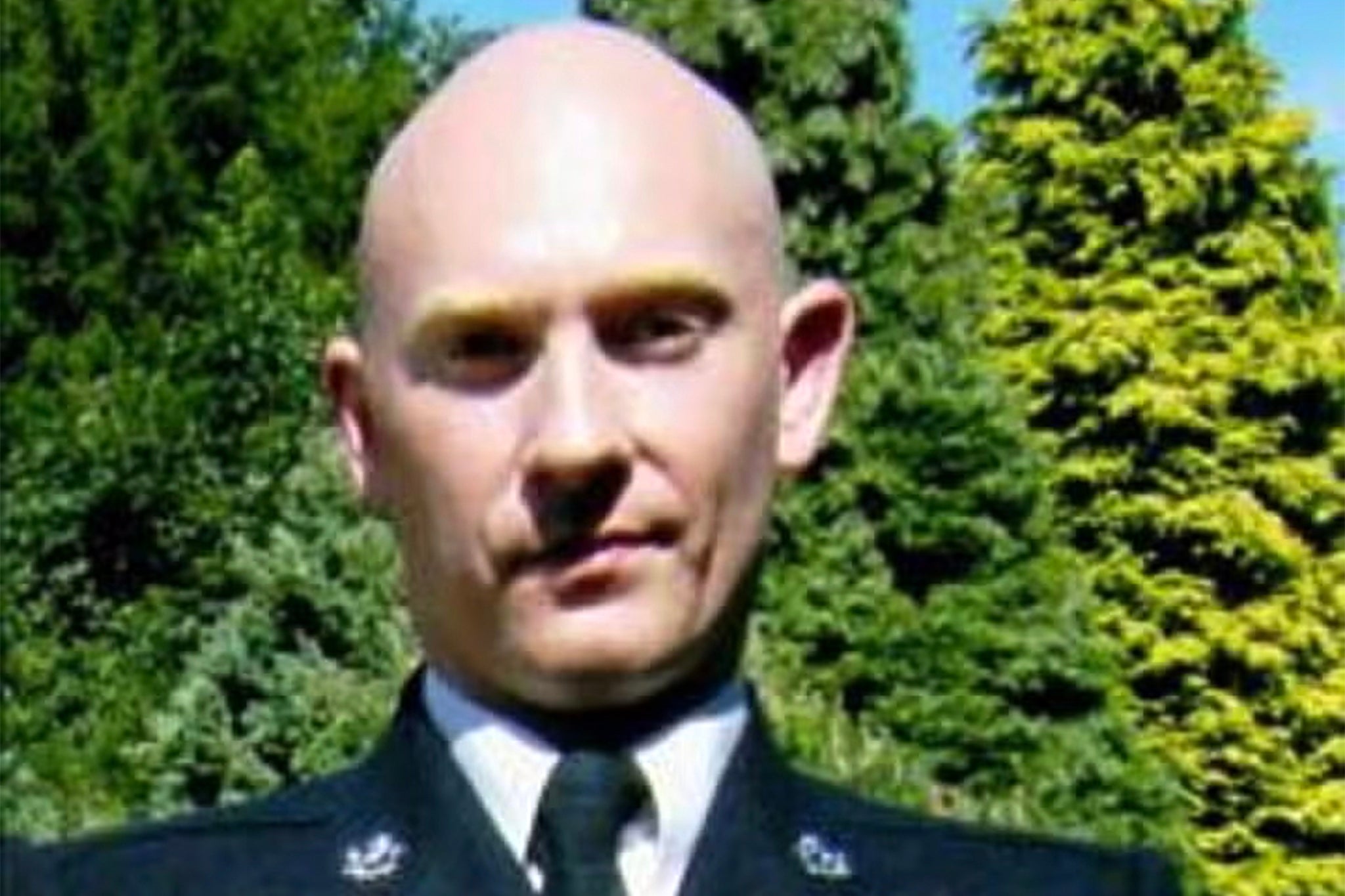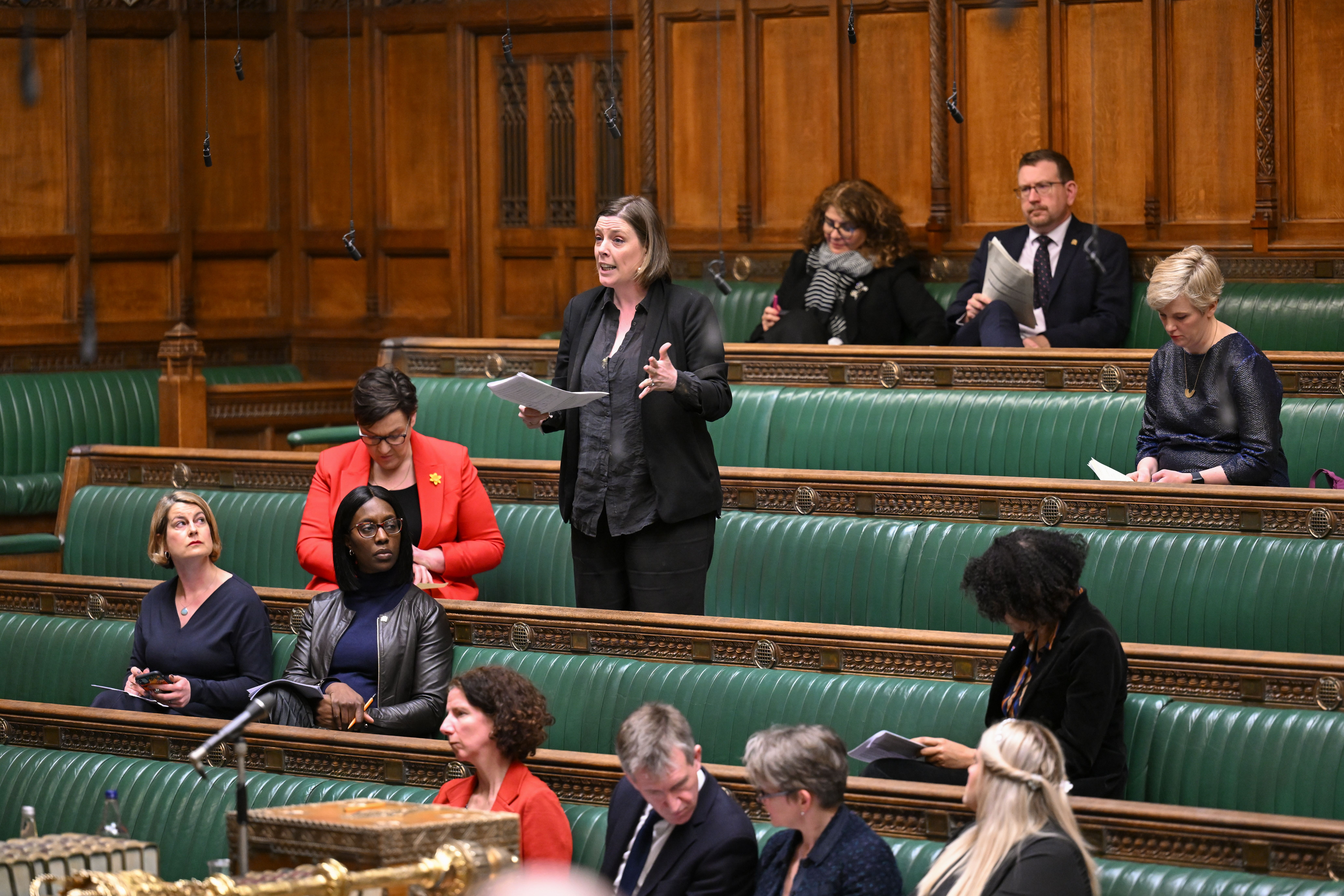At least 350 women killed by men since murder of Sarah Everard
Exclusive: Government accused of failing women as sobering death toll emerges on the third anniversary of the shocking killing
At least 350 women have been killed by a man since the murder of Sarah Everard – the equivalent of one woman dying every three days, The Independent can reveal.
Frustrated experts said the government is still failing to protect women as the sobering new figures came to light on the third anniversary of Ms Everard’s kidnap and murder by a serving police officer.
Her death was hailed as a watershed moment which sparked an outpouring of anger over women’s safety and shone a light on the epidemic of violence against women and girls.

But campaigners have said promises to tackle the crisis were “empty words” as they warned: “So much more needs to be done.”
The figures, shared with The Independent by the Femicide Census, showed at least 350 women have died with a man responsible or a principal suspect since Ms Everard’s death on 3 March 2021.
“That’s an average of one woman dead at the hands of a man every three days,” executive director Dr Karen Ingala Smith said.

Of these, eight in 10 had a relationship with their killer, with 43 per cent killed by a former or current partner, 12 per cent by a family member, 15 per cent by a man who knew them.
Around 28 women – which accounts for eight per cent of cases – were killed by a stranger, like Ms Everard.
She added: “The figure of eight per cent of women killed by men in the UK being killed by a stranger is consistent with the average since our records began in 2009. So ask me whether anything has changed since Sarah’s murder, and my answer is no.”
The figures come after an inquiry into Ms Everard’s killer Wayne Couzens uncovered an astonishing string of blunders in the recruitment of the predator to the Metropolitan Police and eight missed opportunities to stop him in his tracks.
Ms Everard, a 33-year-old marketing executive, was walking home in Clapham, south London, when she was tricked by Couzens, who falsely arrested her before driving to Kent where he raped and strangled and dumped her burnt body in woodland.
In the aftermath of her death, thousands of grieving women gathered for a vigil at Clapham Common calling for action to prevent to male violence against women and, simply, the right to walk home safely.
Anna Birley, co-founder of vigil organisers Reclaim These Streets, told The Independent: “We were promised that tackling violence against women and girls would be a priority for this government, but these figures show that this was all empty words.
“Women are still being murdered by men, demand for domestic violence services remains at record highs and rapes are still going unprosecuted.
“By failing to grasp the scale of the problem and failing to take meaningful action to keep us safe, this government is failing women.”

Andrea Simon, director of the End Violence Against Women Coalition (EVAW), said each of the 350 women who have lost their lives in the last three years have been failed by society.
“While we’ve heard lots of promises and seen top-level commitments to tackling violence against women in the last three years, there is so much more that needs to be done,” she told The Independent.
“There is a failure to prioritise preventing violence in all the work promised to tackle it. We need to see the police response to all forms of abuse improve, with better detection, early intervention, and protective steps taken when women report violence to reduce the risk of femicide.
“Police and justice agencies must take action to stop known perpetrators from frequently reoffending against women and girls.
“We must also see work to shift attitudes across society, including the sexism and male entitlement that drives violence against women and sees it normalised and trivialised.”
This starts with high-quality education and well-funded public information campaigns, she said, adding: “Until we tackle harmful attitudes and the inequality that puts women and girls in harm’s way, we won’t be able to improve women’s feelings of safety and freedom.”

The calls come after this week Labour MP Jess Phillips read out in the House of Commons the names of every woman killed last year, warning the “epidemic of violence against women and girls has not abated”.
She said: “All of these women mattered, they need to matter much more to politics. And I urge again, as I have for years, for the government to have a strategy for reducing femicide. Warm words and no political priority will never make this list shorter.”
It is the ninth year that the MP has read victims’ names to the chamber, adding each life lost was a testament to failure to prioritise women’s safety.
She added: “I am tired that women’s safety matters so much less in this place than small boats. I am tired of fighting for systematic change and being given table scraps.
“Never again do I want to hear a politician say that lessons will be learned from abject failure. It is not true.
“This list is no longer just a testament to these women’s lives, it is a testament to our collective failure.”

Jhiselle Feanny, co-founder of Killed Women, a campaign group of families bereaved by male violence against women, described the latest figures as “devastating”.
She said: “Each represents a life brutally taken. And a family facing the unimaginable, their whole world destroyed. Three years, so many lives, endless announcements, headlines, reviews, reports and lessons learned. And yet here we are, listening to the latest death toll read out in Parliament.”
She said attacks on women were “preventable crimes” after a survey of bereaved families last year found almost seven in 10 believed their loved-one’s death was preventable, while two-thirds said the killer had a prior history of violence.
“These deaths and injustices are not inevitable. The murders of women are not unavoidable tragedies, but preventable crimes,” Ms Feanny added.
“We urgently need decision- and policy-makers to act, so women can live free from fear, threat and violence.”
A government spokesperson said: “We are committed to tackling violence against women and improving the police response to these vile crimes. We have classified it as national threat alongside other threats such as terrorism and introduced the first-ever dedicated national policing lead.
“The Angiolini inquiry has looked into issues around police culture and the government will continue to work with police partners to ensure that proper standards are upheld at all times.”
